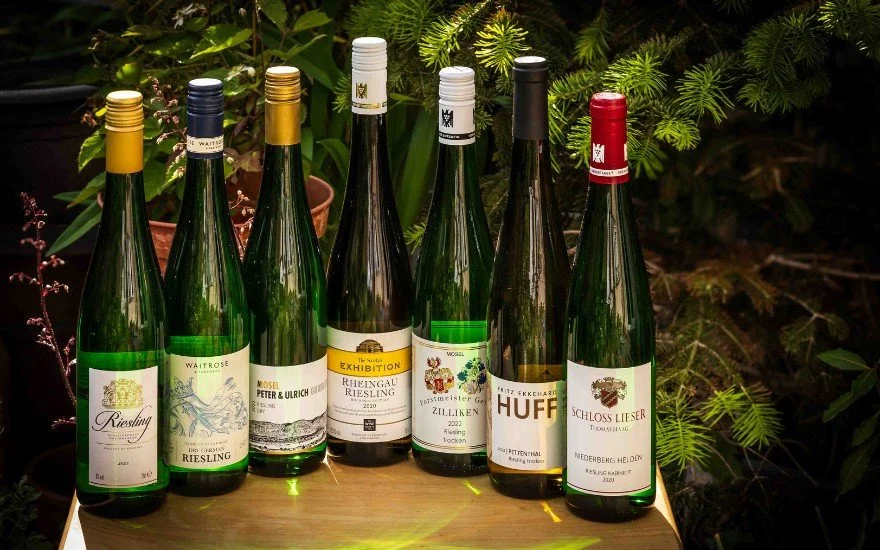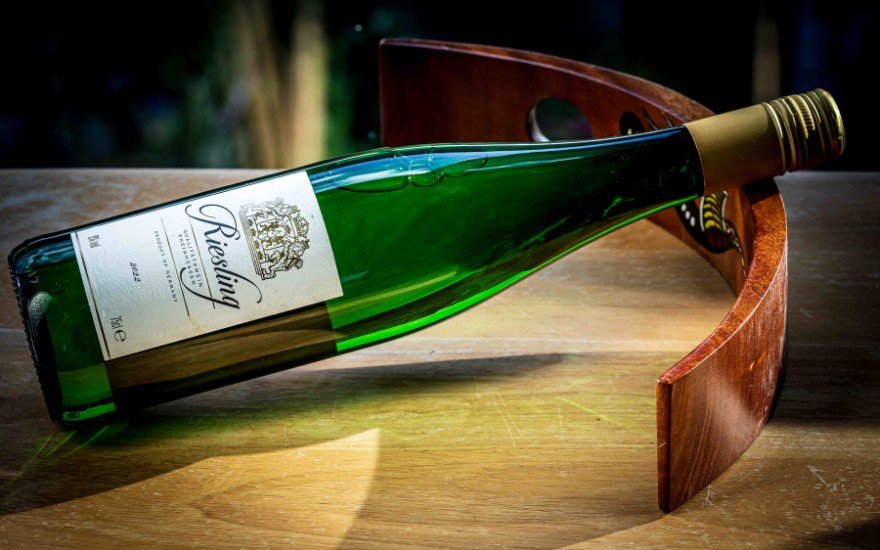Orange wine - or “Amber Wine” - has taken high end cocktail bars and quirky bottle shops by storm over the course of just a few years, begging the question, what is it and why has it suddenly got a vice grip on the world of fine wine? Could it be the next Sauvignon Blanc or Pinot Grigio? Today we aim to inform, dispel some myths, and hopefully explain just what orange wine is and why you need it in your life.
Many distributors have reported skyrocketing sales in recent years and this trend is predicted to continue and propel orange wine into the halls of wine fame. As consumers (that’s you!) become more privy to new wine styles, and more conscious of the things they put into their body, it seems orange wine is here for the long haul with producers boasting organic processes and a very real devotion to biodiversity and environmental protection.
One can expect wines all along the spectrum with notes of tropical fruits, citrus, honey, orange blossom and so much more. We’ll delve into exactly what makes orange wine tick a little later. For now, we ask the question:
Is Orange Wine for You?
It is disingenuous to associate orange wine with any category other than its own. With a unique history and a complex flavour profile, it’s best to take orange wine as its own product, rather than comparing it to red or white wine. It’s good to get an idea of what you’re in for when trying something totally new. Therefore, Orange Wine might be for you if:
You want to try something new.
You want something a little different for your summer get-together.
You prefer wines that are additive free and organic.
You’re looking for a wine rich with antioxidants.
You enjoy particularly tropical, citrusy and tannic wines.
You love dry wines. Sweet Orange Wines exist, but typically they are unsweetened and often have more in common with a dry white wine on the palette than anything else.
Orange wine for beginners
The first thing you should know about Orange Wine, is that it is not a flash in the pan, fad or trend. In fact, it comes from an ancient technique that has been resurged, revamped and rebranded. It’s actually thousands of years old and emanates from ancient winemakers in the country of Georgia. Roots can also be found in Italy and Slovenia, but these days, Orange Wine is made all over the world. The point we’re trying to make is, Orange Wine is here to stay.
Another myth we simply must dispel is the common misconception that Orange Wine, with its orange sunset hue, is orange flavoured. What actually differentiates Orange Wine from white wine production is that during fermentation, the skin of the grapes is left on, and leaves a tint on the final colour of the wine. Some wines might have notes of orange peel, but that has more to do with the winemaker's masterful use of tannins than it does any kind of inclusion of real orange.
The “grape skin contact” method of wine production creates a delightfully bright, sharp wine with endless variety depending on the style of white wine grapes used. Many orange wines are considered to be “natural wine”, or “low intervention wine” to coin a winemaker's term. All this means is that the wines are made from fermented grape juice and not altered after the fact - this means no additives and a more pure, fermented flavour profile.
Typically, Orange Wine should be served in your favourite wine glass, preferably chilled, at around 10 degrees celsius.
So now you know what orange wine is and where it comes from. Now we ask the all important question of what to drink? There are new orange wines popping up every single day and a definitive catalogue is impossible, but just to start you off, here are some great bottles you can get your hands on:
Domaine Lafage Taronja de Gris






















































